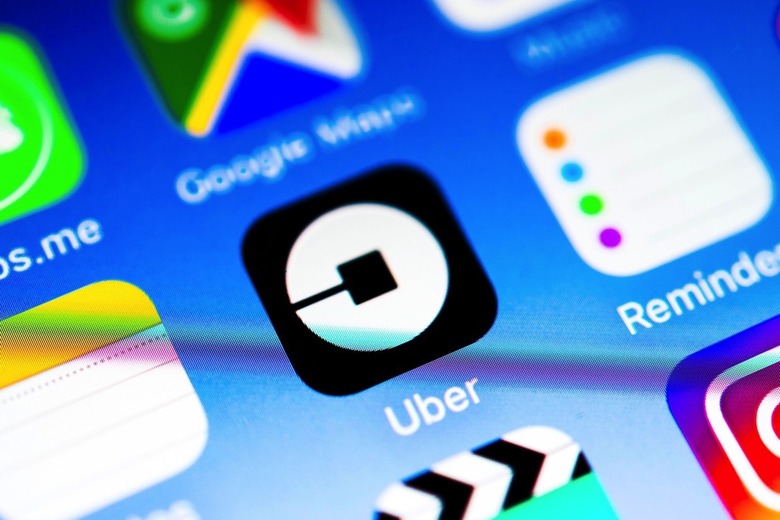Uber Rides In New York City Are About To Get A Lot More Expensive
We may receive a commission on purchases made from links.
If you happen to live in New York City, you're about to see a discernible price increase when it comes to getting around town in an Uber. Starting today, Uber rides will be more expensive as the company seeks to comply with a new hourly minimum wage law for folks who drive for ride share companies like Uber.
As part of the new rule, Uber drivers will now be entitled to earn $17.22 an hour, a figure which excludes items such as gas, tolls, and other fees.
Interestingly enough, Lyft drivers for the time being will not be able to benefit from the new minimum wage law. Lyft is fighting the law on the grounds that it puts the company at a distinct disadvantage relative to Uber. The reasoning is that because Uber has more drivers and is more widely used than Lyft, it's easier for Uber drivers to reach the $17.22 threshold without Uber having to incur any additional expenses to make up the difference. With Lyft battling the law in court, any money that would otherwise be owed to its fleet of drivers will be placed in escrow until things get sorted out.
In a blog post accompanying the increased fare, Uber explains:
We fully support the spirit of this rule, because it aligns with one of our core missions: to connect drivers to the best earnings opportunities. However, we also want to do right by our riders and are working hard to ensure that your ride remains as affordable as possible.
Essentially, the method used to calculate the new driver rates entails a "roaming charge" where riders are paying higher prices in order to compensate drivers for their time on the road without a passenger. We believe that simple changes to the way the TLC applies the rule would allow us to reduce prices for riders without impacting the minimum driver pay of at least $27.86 per hour.
All in all, this is undoubtedly welcome news for drivers. What's more, The Verge relays that Uber will be increasing the cancellation fee for passengers from $5 to $15. This is potentially alarming given that the cancellation process as implemented currently often leaves a lot to be desired. As a personal example, there have been a few occasions where I cancel an Uber that is running significantly behind schedule. Disputing the cancellation fee is far from a straight-forward process but isn't typically a big deal when it's only $5 on the line. An increase to $15, though, seems unreasonably high.
